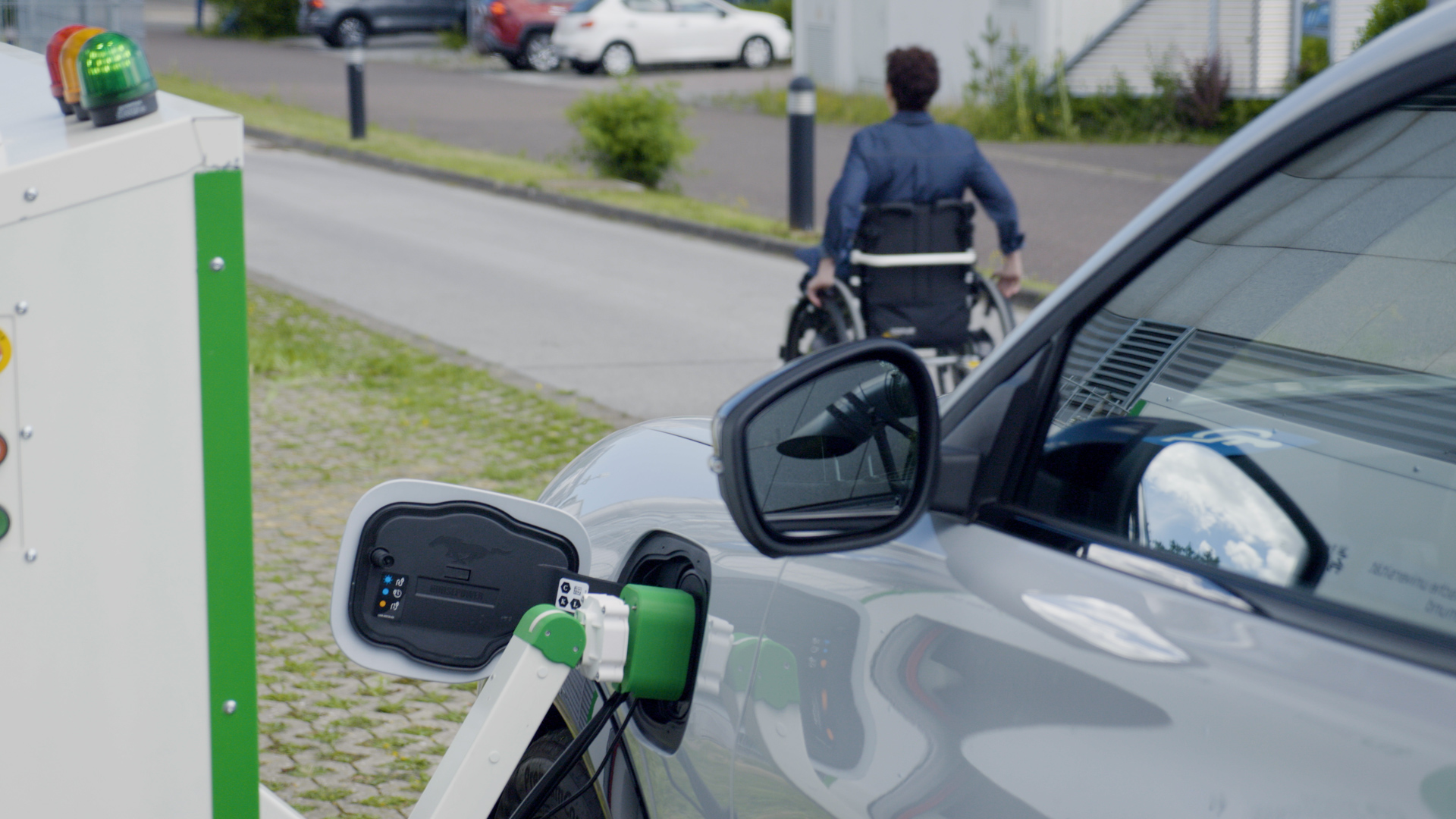As the United States moves closer to adopting the policies needed to safeguard both public health and the environment, fossil fuel-backed politicians have turned their focus to a new target: electric vehicles (EVs).
In recent years, policies that promote EVs have gained traction, such as updated tailpipe emissions standards and rebates for EV buyers.
These measures aim to reduce air pollution, combat climate change, and strengthen American manufacturing.
However, listening to certain politicians, one might think EVs represent a sinister agenda to compel people to purchase luxury Teslas and overload the power grid.
These narratives often align closely with the interests of oil and gas industry allies.
The rhetoric against EVs has become increasingly extreme in recent years, leading to tangible effects.
Some lawmakers are working to dismantle EV-supportive initiatives, such as a bill led by Senator Ted Cruz, who has received significant contributions from the oil and gas industry.
Despite this opposition, EVs are growing in popularity, and their benefits are becoming clearer to more people.
States and autoworkers across the country are already reaping the rewards of an EV boom, fueled by these new policies.
Unfortunately, some legislators resort to spreading misleading or outright false claims about EVs to appeal to fossil fuel donors and attract attention. Let’s address five of the most misleading arguments being circulated.
1. Electric Cars Are Cleaner Than Gas-Powered Cars
In 2023, Senator Rick Scott claimed there was “ample evidence to suggest that EVs are not as clean as people are being led to believe.”
He even proposed the “DIRTY CAR EV” Act to investigate their environmental impact. Notably, Scott has financial ties to oil companies and has accepted substantial donations from them.
This assertion is misleading. Studies have long confirmed that EVs are cleaner than gas-powered vehicles, particularly in terms of air and climate pollution.
Although manufacturing EVs requires more energy upfront, this is quickly offset during operation, as EVs are significantly more efficient.
Typically, within two years of use, the environmental impact of an EV is less than that of a gas-powered vehicle.
Moreover, as the energy grid transitions to renewable sources, EVs will become even cleaner. By 2020, the life cycle emissions of a 300-mile range EV were already about half those of a comparable gas-powered vehicle.
EVs are also better for respiratory health. Particulate matter (PM) emissions are far lower for EVs than for gasoline and diesel vehicles.
A California study revealed that EV adoption could reduce nitrogen dioxide and PM exposure in low-income and minority communities, which are often located near highways and suffer disproportionately from air pollution.
2. EVs Are Becoming Cheaper to Own and Buy
Critics often portray EVs as luxury items accessible only to the wealthy.
However, EVs are less expensive to maintain than gas-powered vehicles, and their upfront costs are steadily decreasing, thanks in part to federal rebates introduced by the Biden administration. Additionally, battery prices continue to decline.
Charging an EV is also cheaper than refueling with gasoline, and maintenance costs are lower.
According to the Department of Energy, EVs cost about 40% less per mile to operate over their lifetime compared to traditional cars.

3. EVs Meet Most Drivers’ Range Needs — and the Technology Is Improving
One common scare tactic involves suggesting EV drivers are frequently stranded due to dead batteries.
In reality, this scenario is rare and will become even less common as battery technology and charging infrastructure continue to advance.
From 2021 to 2022, the number of EV charging stations worldwide grew by 55%. Domestically, the Biden administration allocated $7.5 billion in its 2021 infrastructure bill to expand the U.S. charging network.
Most daily driving needs are well within the range of modern EVs. Studies show that 85% of drivers travel fewer than 100 miles daily, while most EVs now offer a range exceeding 200 miles.
Additionally, many EVs can be conveniently charged overnight using standard home outlets.
4. The Power Grid Can Support EV Growth
Detractors often claim the grid cannot handle the additional demand from EVs, predicting blackouts and other disruptions.
However, multiple studies confirm that the current grid can support the projected growth in EV charging demand.
In fact, EV charging represents a smaller addition to electricity use than activities like heating water or homes.
Concerns about grid capacity are likely to diminish further as the transition to renewable energy continues.
With more solar energy available during the day, EVs can charge using clean energy, minimizing their impact on the grid.
5. EVs Are Driving Job Growth in the Auto Industry
Another persistent myth is that EVs are a threat to autoworkers and American manufacturing. Former President Donald Trump claimed that President Biden’s policies amounted to a “hit job on Michigan manufacturing.” However, the facts tell a different story.
From 2015 to 2023, U.S. investments in EV and battery production created nearly 179,300 jobs, with an additional 800,000 indirect jobs anticipated as the industry grows.
EV charging infrastructure alone is expected to generate over 150,000 jobs by 2032.
States are already witnessing the benefits of this transformation. For example, South Carolina has seen the launch of 14 EV and battery projects since the passage of federal incentives, creating 10,000 new jobs.
Conversely, states opposing EV manufacturing risk losing these opportunities. Virginia Governor Glenn Youngkin, for instance, recently blocked plans for a Ford battery plant, forfeiting 2,500 potential jobs.
We Must Protect Progress on EVs
Transportation accounts for a third of U.S. climate pollution. While significant investment in public transit is essential, electrifying vehicles and transitioning off fossil fuels are key components in combating climate change.
Additionally, the EV surge benefits the environment, consumers, and American manufacturing.
Unfortunately, some lawmakers prioritize misinformation and fossil fuel industry interests over policies that serve the public good.
The facts remain clear: EVs are cheaper to own and operate, fulfill most travel needs, and have ranges that are steadily increasing.
The power grid is capable of supporting EV adoption, and the burgeoning industry is creating hundreds of thousands of jobs.
The future of EVs is promising and will only improve. It’s essential to resist the efforts of fossil fuel-aligned politicians who seek to undermine this progress.

